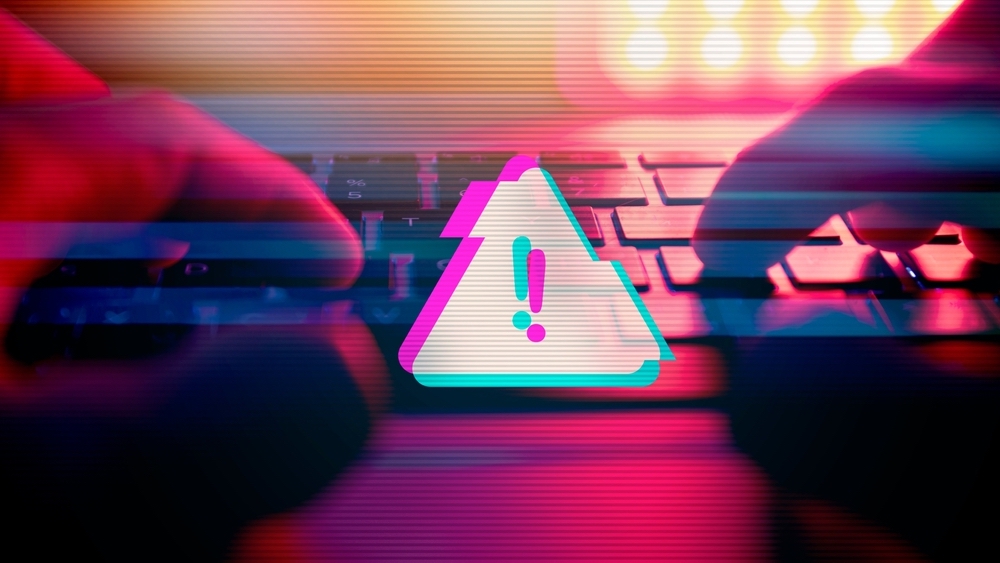Duncan Garvie, Founder of BetBlocker, analyses the stark rise of fake games, after revealing that illicit game distributors had previously emailed him thinking they were speaking to one of his clients.
He states that these emails “included an abundance of promotional material about how their games looked just like Pragmatic Play’s games, but players would play them and lose more and never know the difference.
“They could also set up fake accounts for streamers to play with with fake money and further promote the games to a wider audience.”
Brazen advertising
Garvie warns that whilst fake games have been around for a while now, they have never been this prevalent and advertised so brazenly, which caused him to dig further and truly discover the depth of the crisis.
Off the back of this he uncovered a website that showcased various other facets of what they were doing.
“For instance, they were actively listing some of the operators that were using their fake games. What these groups are basically doing is that they are looking at NetEnt or Novomatic or Pragmatic Play, Playtech, whichever game it is, they are ripping the art assets off the game,” Garvie revealed.
“They are then rebuilding the game with their own engine and putting these art assets on the front to fool players into thinking they’re playing the legitimate game, while actually they’ve changed the machine behind the game entirely.”
Boosting the acceleration of the ‘rip-off’ games into the market they then market them to gambling operators, undercutting the legitimate provider’s price.
Garvie emphasises that strong efforts have been made to track them down. For example, he has searched on an email from the website all the way back to a CV for an individual in Singapore.
“We gathered a load of information on that and we’ve provided that to the relevant game providers to track down and defend their IP. It’s unscrupulous. It’s an effort to rip off players at an industrial scale.”
Targeting murky markets
When providing insight into which markets fake game suppliers target, Garvie added: “It’s primarily black and grey. I can’t comment if better licensed operators are offering fake games. I couldn’t assert as absolute fact that that’s not happening. But what I can say is I’ve never seen any indications to suggest a well licensed operator has distributed fake games. And they would be taking a huge risk.
“Any operator from a multi-gaming authority – Gibraltar, UK, Sweden, Germany – would be risking their licence to offer games from a distributor that wasn’t licensed by these authorities as well. We primarily see fake games turning up, obviously turning up, on black market operators. Quite a lot of them show no licensing information whatsoever.
“We do find occasional instances with Curacao or Anjouan licences where there’s licensees offering games that we believe to be fake.”
One of his concerns around combating fake games is that a majority of the illicit actors hide away in jurisdictions where they can avoid the court.
Much of their discretion according to Garvie is being facilitated by the breakdown of political dialogue between the West and certain other countries like Russia.
“If a developer in Russia decides to rip off a game from NetEnt, how are you going to reach them? Russian authorities certainly aren’t going to support NetEnt going after one of their citizens. It becomes technically impossible.”
Emphasising just how significant the threat is around fake games, Garvie details that they are both untested and unregulated. A consequence of this is that developers have an alarming level of freedom to do what they want, with players facing the consequences.
“That could mean something as simple as the top payouts in the pay table just never occur. They just aren’t winnable. Or it could be far more insidious than that. They could be setting the games up so if you get ahead of the house by X you now can’t win more than Y until you drop back below that threshold.
The influence of streamers
“Their strategies are incredibly varied,” Garvie says. “For instance, the advertisements we’ve seen say the fake game providers strongly imply that they can provide fake accounts for the purposes of streaming.
“This is one way that they misrepresent and misadvertise the game, by allowing the streamer to play with money that isn’t real money. But they can actually intensify this, because what they could do is offer the streamer a game with an RTP set to well over 100%, so the streamer will be seen to win. And then the game that players access when they sign up to the site is set to well under this.”
The awareness of streamers on whether they are promoting fake games was something Garvie steered clear of casting judgement over.
However he detailed that if a streamer knows that the gambling operator they are promoting is cheating players then that streamer, who has a dedicated following, who are fans of that person, has a moral obligation, not to mention potentially a legal obligation not to promote fraudulent products to their audience.
He also believes that there is an element of responsibility at the feet of affiliates, with a corner of the affiliate market being singled out for the aggravated wrath from Garvie.
“A lot of the affiliates we were looking at are specifically gearing their marketing towards players trying to get around the national self-exclusion scheme. So what we’re seeing, their audience in this case, is people who have already self-identified as having a gambling problem, and they are creating marketing material to help them get round the exclusions these people put in place.
“That is already absolutely morally reprehensible. That already crosses every line I think it’s possible to cross but when you’re then sending those most vulnerable to black market sites that are ripping off these players as well so what we’re doing is we’re taking people who experience gambling harm and sending them to cheating games where they will lose far, faster and accelerate that harm far, far quicker. This is morally bankrupt at its very core.”
Garvie continued: “This is the core issue with untested games, unlicensed games, is that you don’t know what the developer has done. And when the developer is sending out advertisements that state ‘your players will lose more and not know the difference’. That very clearly tells you that.
“This game is not operating in the same way as the original. The player wouldn’t lose more if this was operating in the same way as the original.”
Advising players on the steps that they can take to protect themselves as the murkiness of the market elevates, Garvie cited the vital strategy of selecting a well-licensed operator. For iGaming operators licensed in Malta, the UK, Sweden or Gibraltar, the chances that you’re going to encounter counterfeit games like this are negligible as it’s just too risky from a compliance perspective.

















